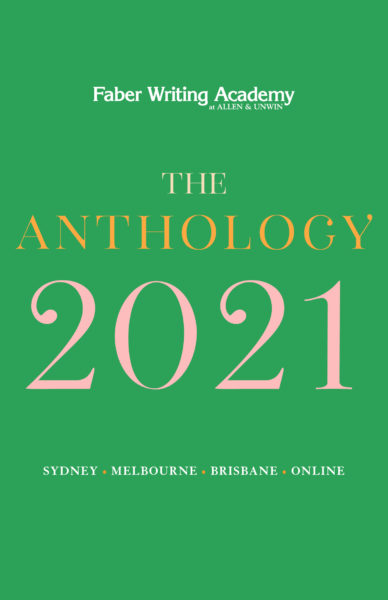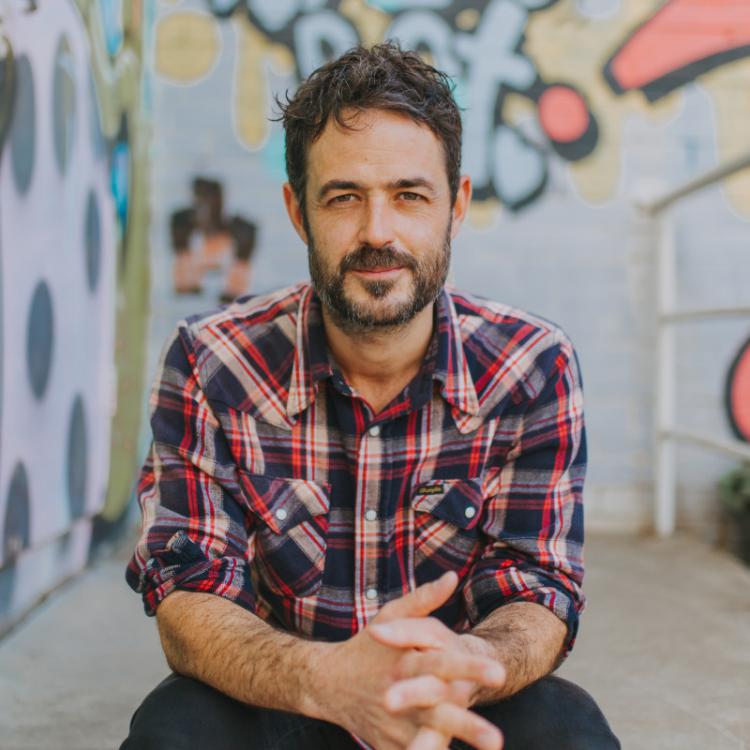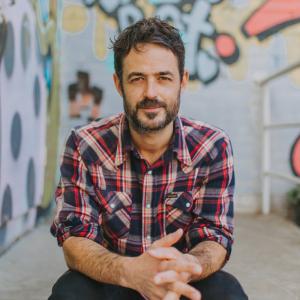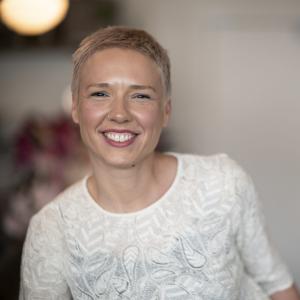The course consists of:
12 x evening sessions (6.30 to 8.30pm AEDT, Wednesdays) + 3 x full-day sessions (Saturdays 10.00am to 4.00pm AEDT)
Session 1: Wednesday 2 March
Introductory Session: Goals, obstacles and creative process: Why are you writing? What matters? What are your themes? Why this story, and what might the hidden stories be? What is your creative Process? How can you harness your creative instincts?
Session 2: Wednesday 9 March
Voice Part 1: What is the voice and tone of your novel? Who is telling the story? How and when? Will it be first, second or third person? Is your narrator present or absent? What tone best suits the things you know?
Session 3: Wednesday 16 March
Reading as a writer: How to use techniques of close, targeted reading as an ongoing way of improving your craft.
Session 4: Saturday 19 March
Story, structure, plot: What are the different types of plot? Do you even need one? How do you maintain intensity and momentum with varied pacing? How do you find the right structure for your novel? While plot is related to structure the two operate independently, so consideration will also be given to the ways in which they should both support and develop the other.
Session 5: Wednesday 23 March
Fiction and Autobiography: What are the fundamental differences between fiction and autobiography? How do we draw from our own lives to create, powerful and authentic fiction. When should we recall and record and when should we invent?
Session 6: Wednesday 30 March
Scene and Summary: What is the difference between scene and summary? What is the function of each in your novel, and how do they work on the page?
Session 7: Saturday 2 April
Characters major and minor: Who is at the heart of your novel? Who are your secondary characters and what are their roles? Inventing and observing characters. Physical and psychological description.
Session 8: Wednesday 6 April
Voice Part 2. What is the prose style of your novel? What is the relationship between style, tone and voice? What makes a compelling sentence?
COURSE BREAK
Session 9: Wednesday 27 April
Place, setting, world building: Writing place convincingly. Setting as inspiration and as character.
Session 10: Wednesday 4 May
Dialogue: Listening; recording; pace; precision. Imagined truth and overheard truth. The difference between dialogue as spoken and as it reads on the page.
Session 11: Saturday 7 May
Handling time – flashback, flash forward and everything in between: How to handle the passage of time in your narrative, on both the plot-level and the scene-level. Different ways to incorporate back-story and to handle transitions between time periods.
Session 12: Wednesday 11 May
Showing and Telling: Giving your writing power and subtlety through techniques of ‘showing.’ Learning to trust your reader.
Session 13: Wednesday 18 May
Genre and anti-genre: An industry professional will talk to us about different genres of writing and the differences (or not!) between them.
Session 14: Wednesday 25 May
Guest Industry professional: An industry professional will share their experience with you and answer your questions.
Session 15: Wednesday 1 June
Where to Now? Consolidating, taking stock and moving forward.
Weeknight sessions are hosted on Zoom, except for the first and final evening sessions, which will take place at the Kathleen Syme Library and Community Centre. All Saturday sessions are held in person and are fully catered.
The content listed above is comprehensive but is still a guide only. The exact course content could be adjusted according to the experience and concerns of the group and availability of guest writers. The detail of the course is at the discretion of the course director and Faber Writing Academy at Allen & Unwin.






